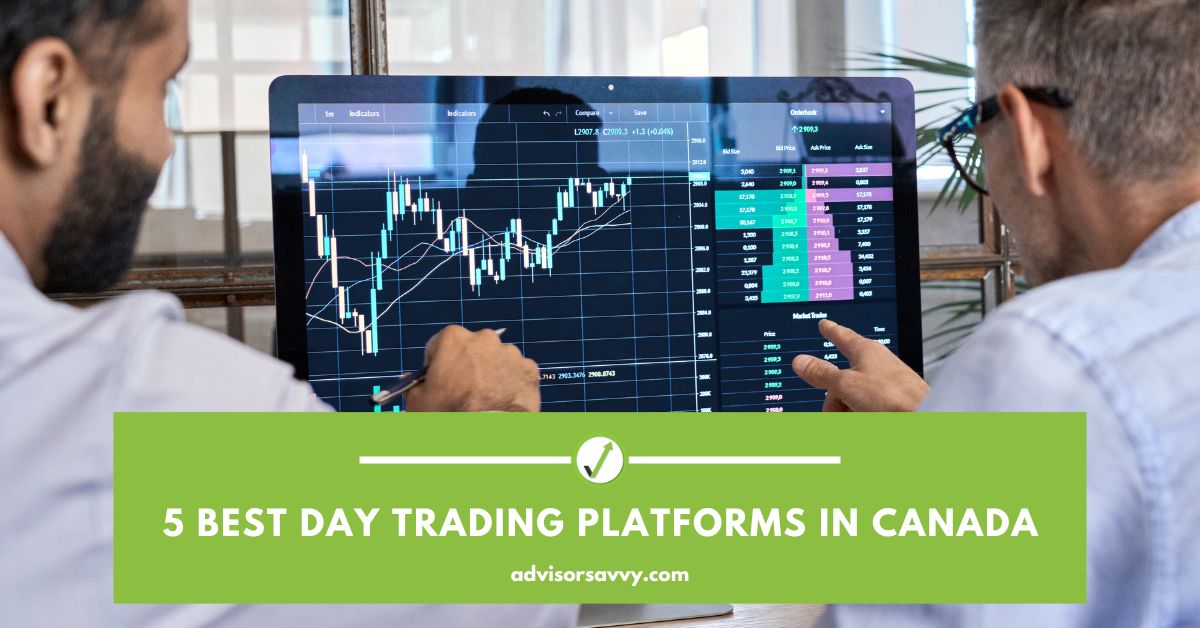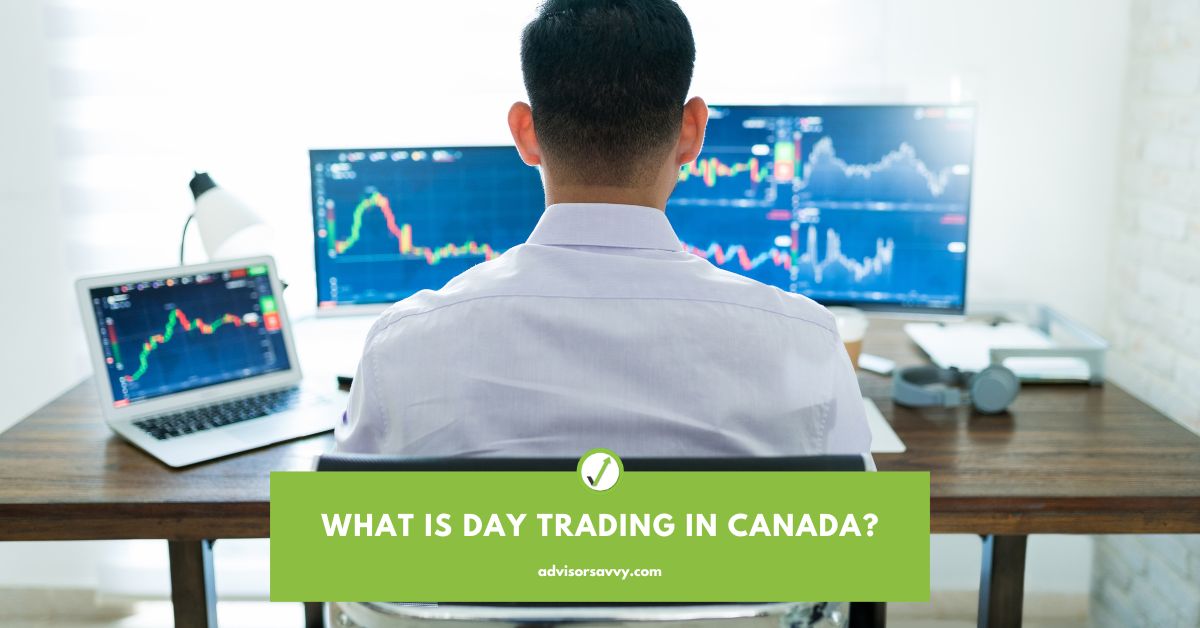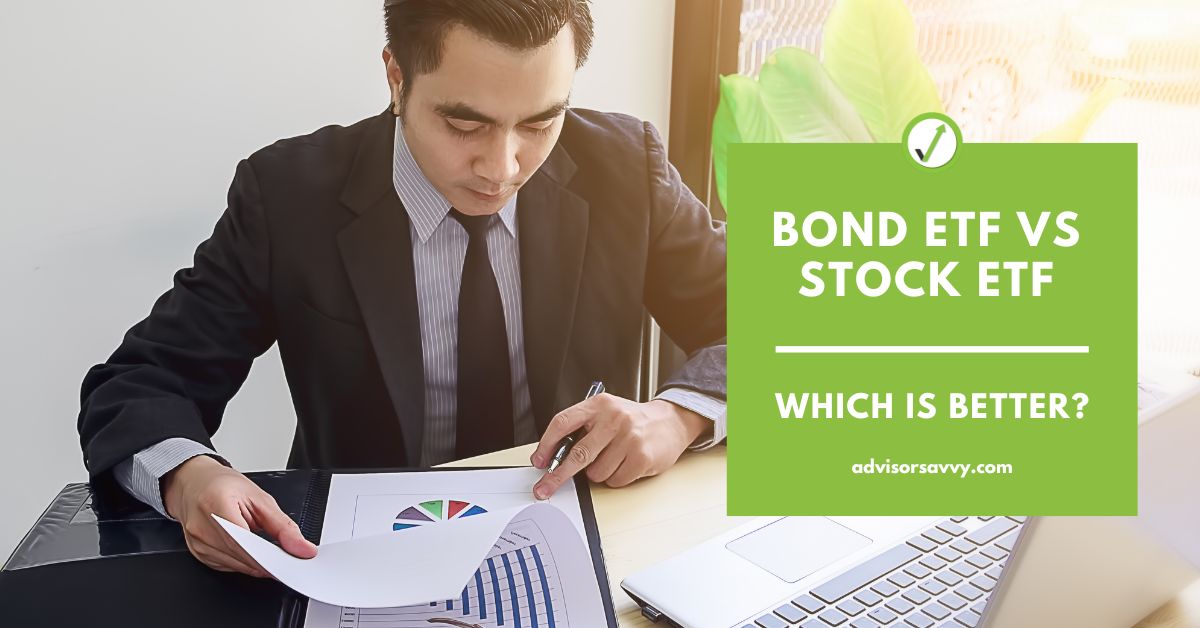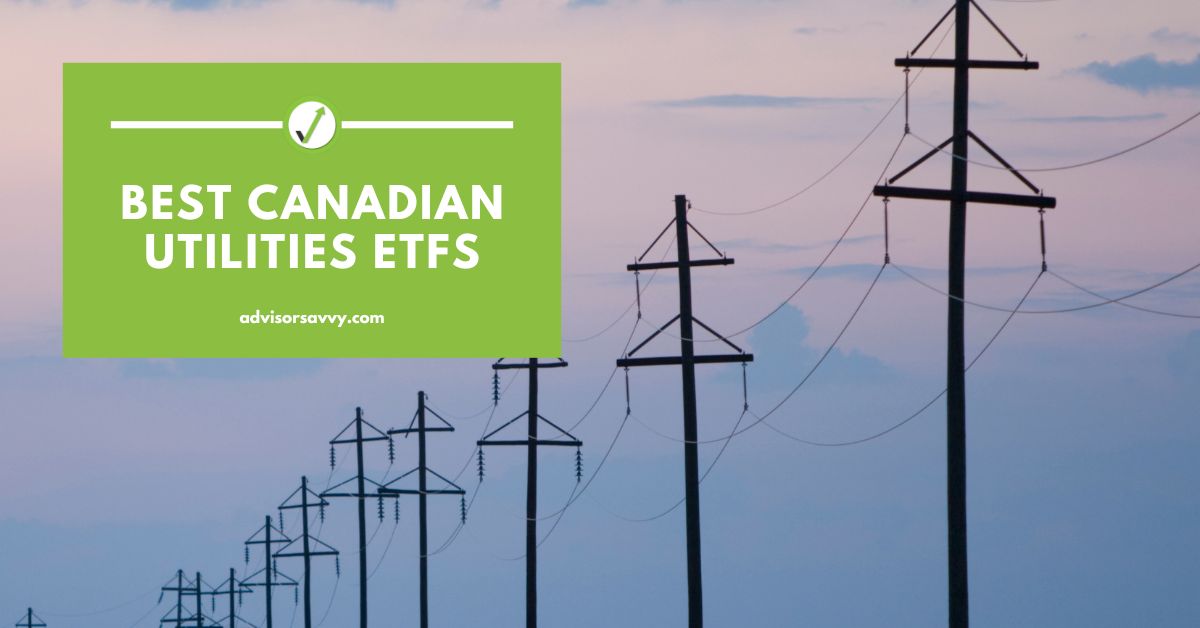9 Investments that Pay You Every Month
Investments that pay you every month help you find financial freedom and achieve your financial goals. They allow you to live more independently and on your own terms. Building up the right investments that pay you every month takes time, consideration and money. And unfortunately, the path won’t always be linear, you may have setbacks and losses. Most people seek these types of investments for retirement or other large goals, like saving for a down payment on a home. However, passive income provides additional freedom, security and flexibility which supports retirement and an independent lifestyle. These benefits can be accessed at any point in your life. With dedication and effort, you can build a portfolio of investments that pay you every month. Invest in what interests you and aligns with your level of risk tolerance. No investment is without risk but given the right information, you can begin wisely. What is passive income? Passive income is a source of money
Continue reading



















